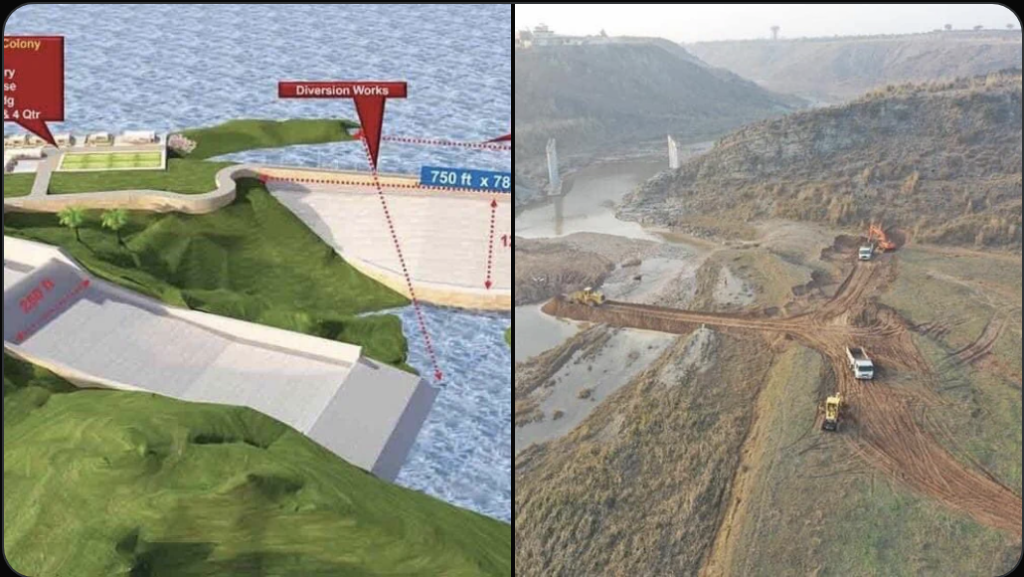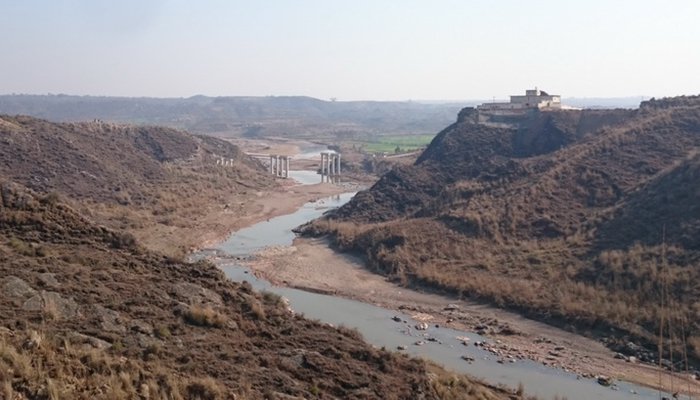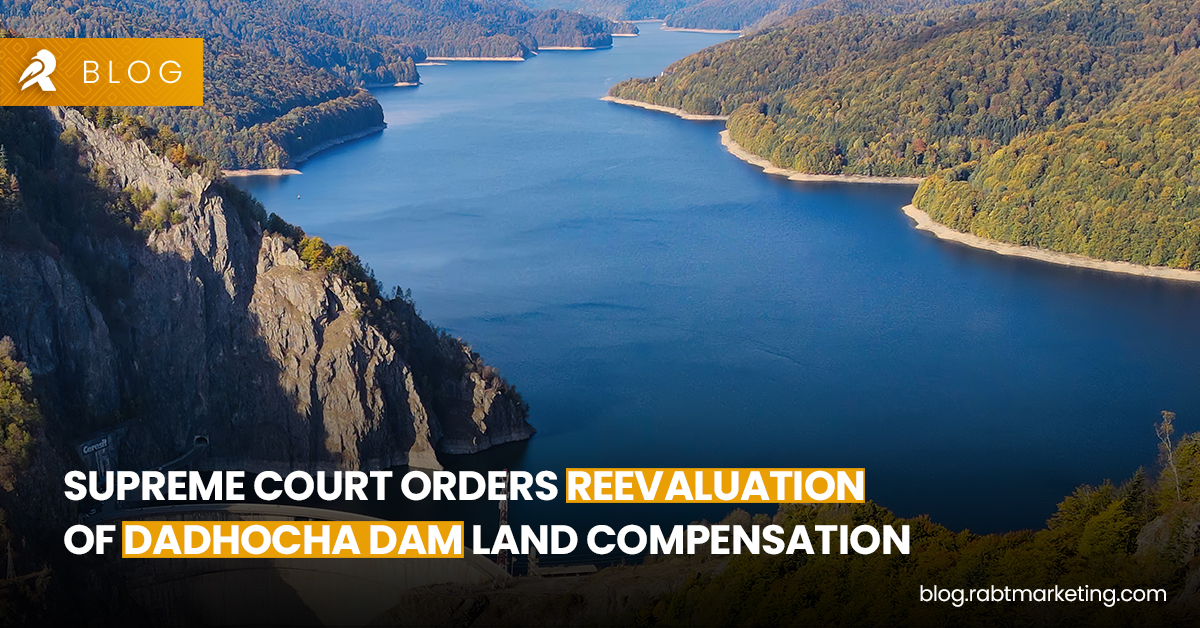The Supreme Court has ordered a Reevaluation of Dadhocha Dam Land Compensation and concluded that the preliminary notification, addendum notification, and urgency notification were valid, the award had not been granted in accordance with the law.

In a recent development, the Supreme Court of Pakistan has given a new direction in the ongoing Dadhocha Dam land compensation case. This decision has stirred public interest and raised questions about land acquisition and compensation.
On Tuesday (September 11), the Supreme Court ordered the commissioner of Rawalpindi to Reevaluation of Dadhocha Dam Land Compensation based on market values. This decision comes from a three-judge bench, including Chief Justice of Pakistan Umar Ata Bandial and Justice Ayesha A. Malik.
The Dadhocha Dam is a much-needed project aimed at providing water resources for the region. The government needed to acquire land in the Rawalpindi district to make this project a reality. However, due to certain disputes, the project is still pending.
The dispute revolved around the request by the executive engineer of the Small Dams Division in Islamabad to acquire land in Rawalpindi district for the construction of the dam. An initial notification was issued in 2010, and the District Price Assessment Committee approved the estimated land cost in 2011. However, no further action was taken until an addendum notification in 2020 expanded the land area to be acquired, with the committee reaffirming the land’s value in 2020.
Reevaluation of Dadhocha Dam Land Compensation
The Lahore High Court (LHC) issued an order in February 2021, invalidating the notifications related to land acquisition. This decision was challenged, and the case made its way to the Supreme Court. The Supreme Court recently heard the case and issued its decision. The Court upheld the legality of both the 2010 preliminary notification and the 2020 addendum notification. This means that the government’s plan to acquire the land for the dam is still legally valid.
Justice Syed Mansoor Ali Shah, in a judgment, stated that the notifications dated November 2, 2010, and March 12, 2020, are still in force and valid. This decision was made by a three-judge panel, which included Chief Justice of Pakistan Umar Ata Bandial and Justice Ayesha A. Malik. They were addressing an appeal filed by the commissioner of Rawalpindi against a Lahore High Court order dated February 2, 2021, which had suspended the land acquisition notifications.
What is the Dadhocha Dam Project?

Dadhocha Dam, planned for construction near Dadhocha village in Rawalpindi, Pakistan, aims to address water scarcity issues in Rawalpindi and Islamabad. The dam is designed with a storage capacity of 60,000 acre-feet, including a 15,000 acre-feet dead level. It is of utmost importance to meet the water requirements of Rawalpindi and its neighboring areas, with an anticipated daily supply of 25 million gallons of water exclusively for Rawalpindi.
In terms of its history, the dam was initially proposed in 2001, but construction has yet to commence. The estimated cost for the dam is 7 billion, and it is expected to provide Rawalpindi with a daily supply of 24 million gallons of water. In 2020, the contract for construction was awarded to the Frontier Works Organisation (FWO), a commercial division associated with the Pakistani army. The estimated construction cost is Rs6 billion, and the project is projected to be completed within a three-year timeframe.
Also, Read Our Blog: Petrol Prices in Pakistan’s History From 2015-2023
Conclusion
The reevaluation of Dadhocha Dam land compensation case is a complex legal matter that impacts the lives of many individuals. The recent Supreme Court decision has clarified the legality of the notifications for land acquisition but has also emphasized the importance of fair compensation for landowners. As this case continues to unfold, it highlights the delicate balance between public projects and individual property rights.

